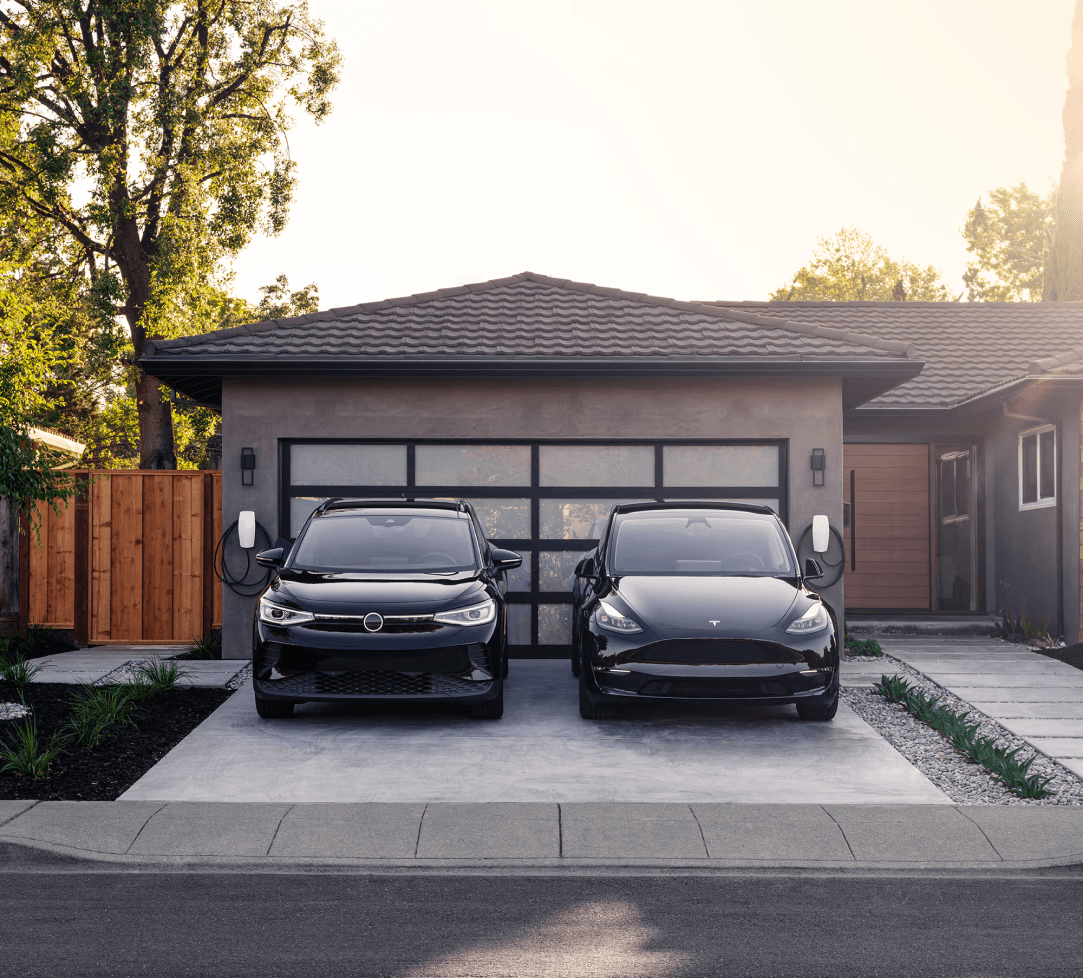Best Time To Charge an Electric Vehicle and Other Best Practices
The best time to charge an electric vehicle can be impacted by several factors including cost, convenience, and maintaining battery health. This guide takes a deep dive into best practices.

Charging your EV at home is easy, but knowing the best time to charge an electric vehicle along with a few other key strategies can make charging cheaper, faster, and healthier for your battery. Let’s break down the best times to charge, how to lower costs, and what settings to use for long-term battery health.
Best Time To Charge an Electric Vehicle
Here are several key considerations along with pro-tips on understanding when the best time to charge an electric vehicle is. These are largely based upon cost savings and convenience to enhance the at-home charging experience for EV owners.
1. Charge When Rates Are Lowest
Electricity prices change based on demand. Most utilities use time-of-use (TOU) pricing, meaning power costs more during peak hours and drops when demand is low.
- Peak hours (expensive): Late afternoon & early evening (4 PM – 9 PM)
- Off-peak hours (cheapest): Late night & early morning (10 PM – 6 AM)
- Super off-peak (if available): Some utilities offer even lower rates in the middle of the night (12 AM – 5 AM)
ChargerPro Tip: The best time to charge an electric vehicle in terms of cost is when rates are lowest. With many level 2 chargers offering smart connectivity, you can set your car or home charger to start charging automatically when rates are at their lowest.
Cost Savings Breakdown
Charging smart can save you hundreds of dollars per year. Here’s an example of potential savings to charge a 60 kWh EV fully:
- Peak (4-9PM) | $.30 per kWh | Full Charge Cost = $18.00
- Off-Peak (10PM-6AM) | $.15 per kWh | Full Charge Cost = $9.00
- Super Off-Peak (12-5AM) | $.10 per kWH | Full Charge Cost = $6.00
Switching to overnight charging could cut your charging bill in half (at minimum)!
2. Set a Charging Schedule
The best time to charge an electric vehicle is generally associated with a schedule that considers other electric consumption. Most EVs and chargers let you schedule charging times in an app or through your vehicle’s settings. Setting a charging schedule will help:
- Ensure you’re charging during off-peak or super off-peak times.
- Optimize your home’s electricity use (especially if you have solar or a smart home energy system).
ChargerPro Tip If your charger has a charge rate setting, slowing down charging speed can reduce demand charges from your utility.
3. Charger Types and Their Impact on Charging Time
Another consideration when determining the best time to charge an electric vehicle at home often depends upon the type of charging level you are leveraging. There are key differences between level 1 and level 2 chargers that greatly impact the best time to charge an electric vehicle. Furthermore, there are also differences between the different types of level 2 chargers. In general, overnight charging is preferred, especially when using a level 2 charger so you can wake up to a full charge each morning.
Key differences between level 1 and level 2 charging:
- Level 1 (120V outlet): Adds 3-5 miles per hour - fine for low-mileage drivers but slow.
- Level 2 (240V home charger): Adds 20-40+ miles per hour - best for daily charging.
Level 2 chargers are ideal for home use since they charge overnight while rates are low.
4. Maintaining Battery Health
EV batteries last longer with a few simple habits that can also help you determine the best time to charge an electric vehicle.
- Don’t always charge to 100% - keeping the charge between 20-80% can extend battery life.
- Only charge to 100% when taking a long trip.
- Avoid extreme heat or cold - if possible, charge in a garage or shaded area during extreme weather.
5. Grid-Friendly Charging
Some utility companies offer smart charging programs that adjust charging speed to balance grid demand. Enrolling in these programs can sometimes get you extra discounts** on electricity rates.
6. Incentives and Rebates
Many states, cities, and utility companies offer rebates for home EV chargers or special electricity plans for EV owners. Before installing a charger, check if you qualify for discounted installation or lower electricity rates. Check out this guide for more information on rebates and incentives.
The Best Time to Charge an Electric Vehicle - Bottom Line
Smart home charging isn’t just about plugging in—it’s about **saving money, protecting your battery, and making the most of your setup**. With a few simple tweaks, you can cut costs, keep your EV running longer, and charge when it makes the most sense.
Need help choosing the right home charger? Contact ChargerPro and we’ll help you get set up with the best option for your home and schedule.




